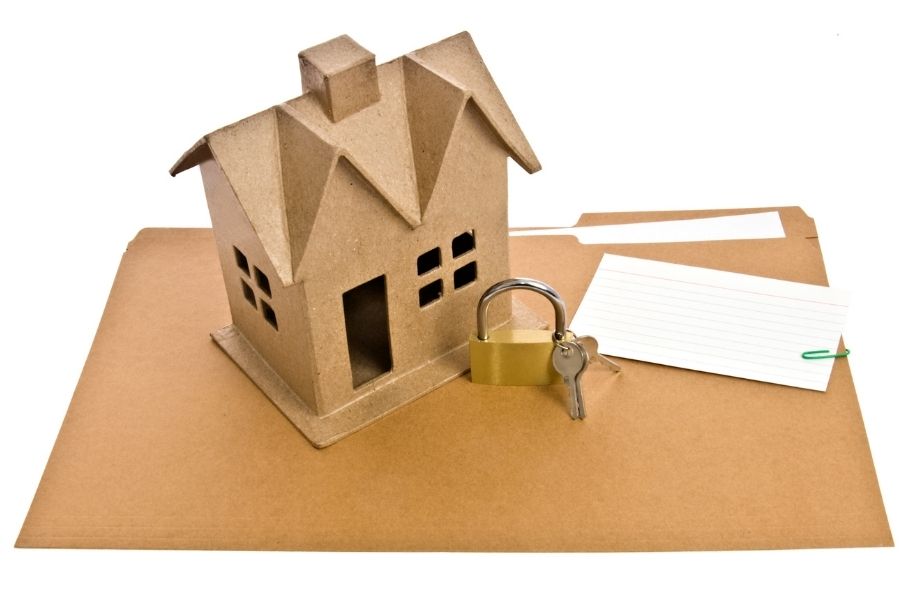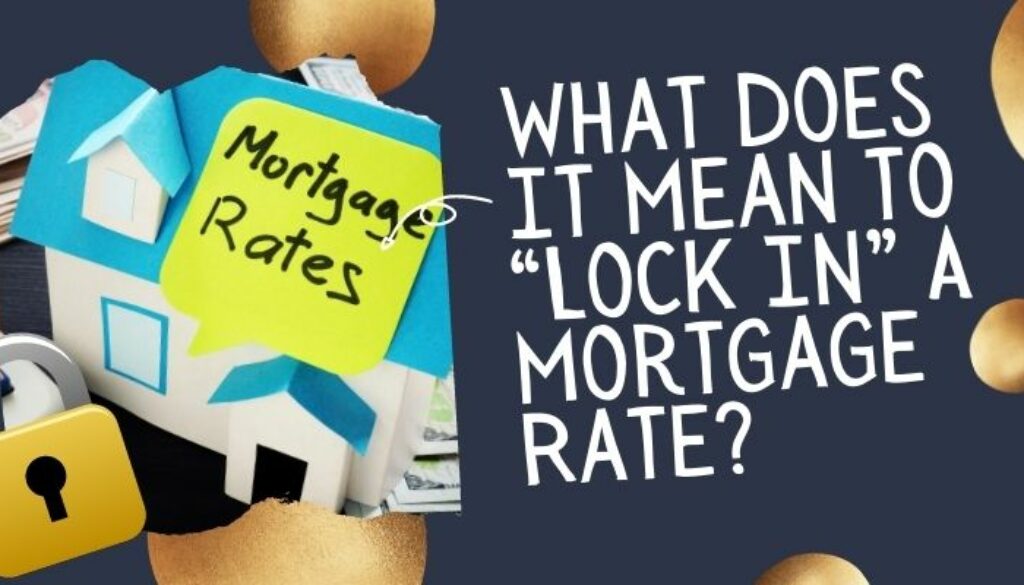What Does It Mean to “Lock In” A Mortgage Rate?
A lock-in mortgage rate is an agreement between the lender and the borrower to lock in the interest rate on a mortgage for a specified time at the prevailing market interest rate. That means that the interest rate will not change within this period as long as you close within the agreed time frame and there are no changes to your application. However, interest rates usually change frequently, and they can change either daily or even hourly.
What Does It Mean to “Lock In” A Mortgage Rate?
Interest lock-in mortgage rates vary depending on the agreement made between the borrower and the loaner, and it can either be 30, 45, 60, or even longer. At a minimum, they should cover the period necessary for the lender to process the borrower’s loan application. The borrower can negotiate the lock’s terms and extend the lock period with a minimal fee. If your rate is not locked, that means it can change at any time, depending on the prevailing market.
Some lenders charge a fee that the borrower has to pay if they take the loan without locking the interest rate. Alternatively, the lender can choose to set a higher interest if the borrower may choose not to lock the interest rate.
However, there are occasions in which the interest lock mortgage rate cannot stand, and the interest rate changes on the mortgage. That happens when there are changes in your application, including corrected or new information on the borrower’s credit score and income. For example, when the borrower borrows a new loan or fails to make an early payment on an existing loan. A change in the loan amount also makes the interest change regardless of a lock on the interest rate. Besides, when the borrower changes the type of mortgage they seek or the amount of down payment, the interest change may vary.
Should the interest rate go down, the borrower has an option of withdrawing from the agreement. The probability of such withdrawal is known as the fallout risk on the lender. However, in situations where the prevailing rates fall during the lock period, the borrower can take advantage and revise the lock rate to a new lower rate.
When you decide to have a mortgage rate lock, you should ensure that the rate lock agreement is long enough to cover until you close on the loan; if you doubt that your lock period might be too short, try to request a more extended rate lock period from your lender.
For more information on locking in the best mortgage rate in Snohomish County homes or real estate, start here by contacting me today.
More Information for Local Residents
- Simple Steps to Home Buying
- How to Buy an Older Home in North Everett
- 10 Ways Homeowners ‘Trick’ Buyers in the Inspection
- 5 Things to Know About Buying a Historic Home
- The Importance of a Home Warranty
- What to know about the first year of homeownership
- How to Make an Offer on an REO Property
- Jumbo rates are lower and may be the better option
- Receiving the gift of equity to purchase a home




